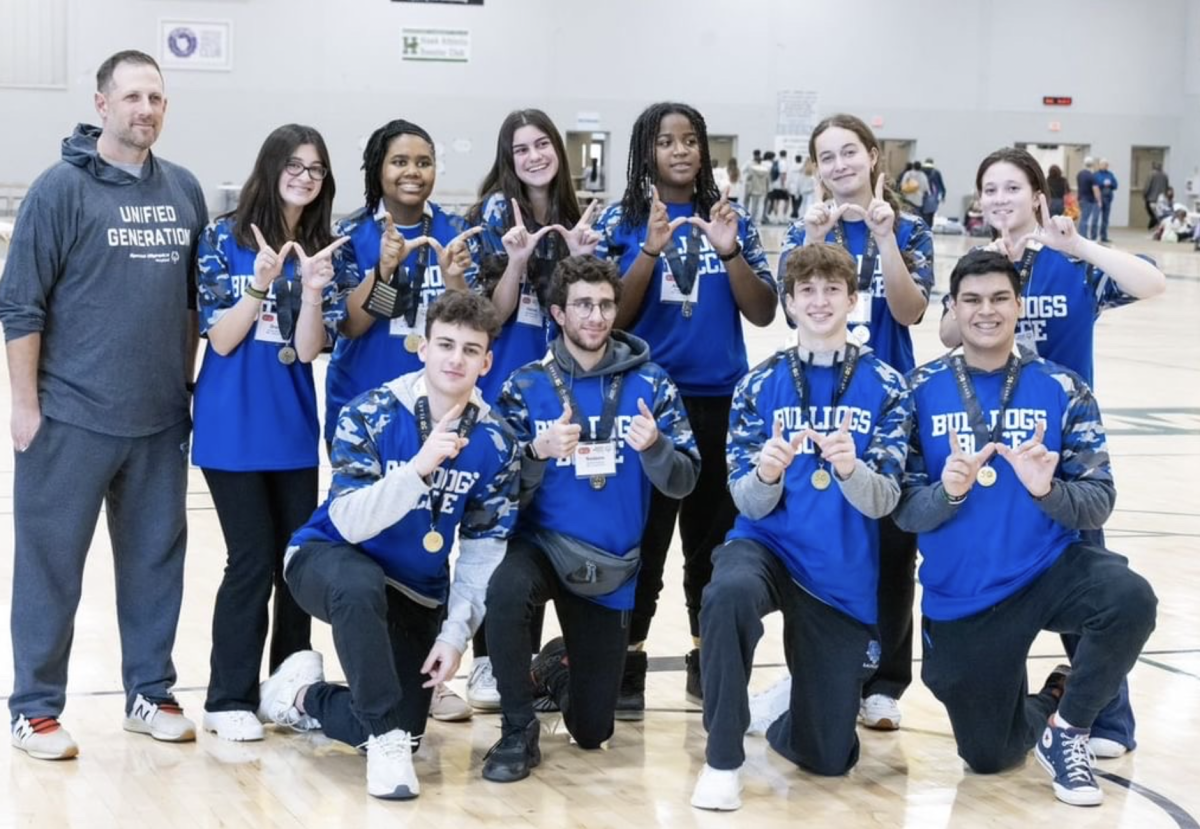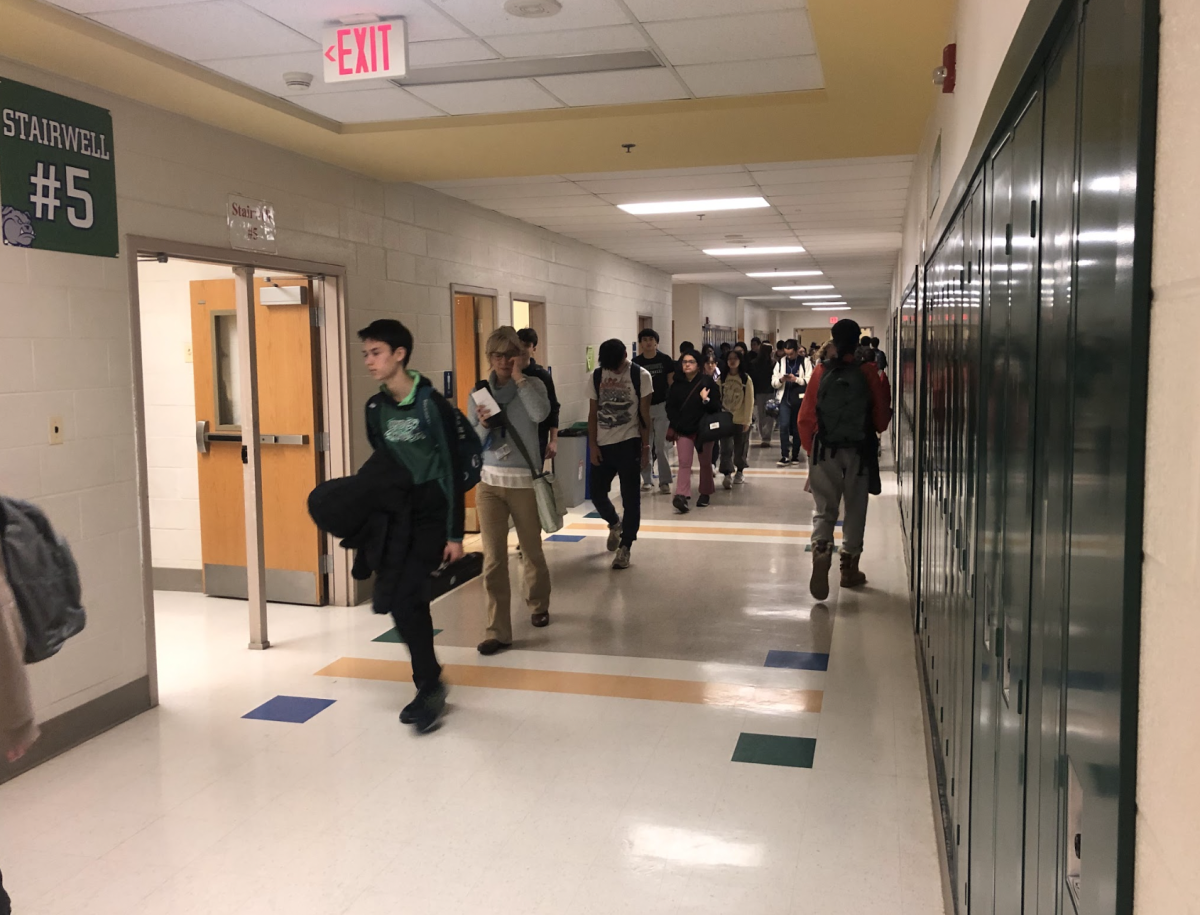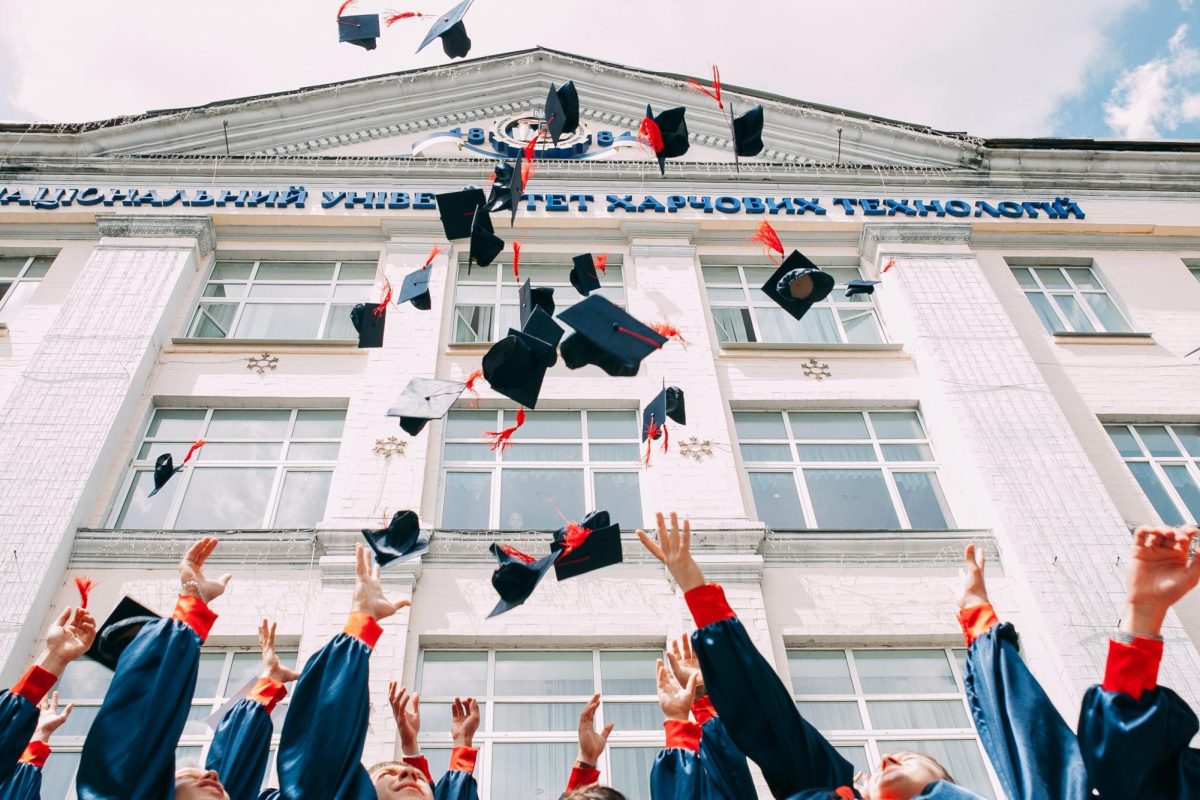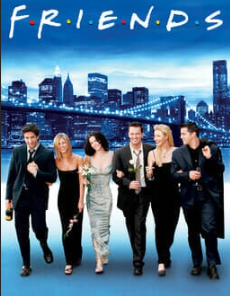The Virginia High School League (VHSL) banned the use of energy drinks effective immediately, in all Virginia high school athletics at a Sept. 22 meeting.
The policy, adopted from the National Federation of High School Associations (NFHS) position statement on the same subject, forbids athletes from consuming energy drinks during practice and competitions. Among other things, it specifies that energy drinks should not be used for hydration purposes because of the potential health risks they possess.
“Many people were mistakenly thinking these drinks were fluid replacement drinks, [but] in actuality, [they] deplete the body of fluids based on [their] high caffeine level as well as caffeine’s reaction with the other content items,” said Tom Dolan, assistant director of the VHSL. “It was decided not to wait until we had a catastrophic incident to react.”
According to the NFHS, an energy drink is “a quick and easy means of relieving fatigue and improving performance.”
While sports drinks, such as Gatorade and Powerade, are traditionally marketed to athletes as a means of rehydration during or after training and competition, energy drinks such as Red Bull, Monster and Amp are marketed to the general public. However, athletes have recently begun to use energy drinks while participating in athletic events.
The VHSL policy states that energy drinks pose a “potential serious safety and health issue” because of their lack of regulation. While the copious amounts of caffeine in energy drinks can be harmful, the herbs they contain, such as Astragalus, Echinacea, Ginkgo biloba, ginseng and others, are equally worrisome because little is known about their effects.
According to the NFHS position statement, energy drinks have been known to cause positive drug tests and interact badly with prescription medications used to treat ADHD. Energy drinks can also affect the central nervous and gastrointestinal systems, leading to symptoms such as light-headedness, tremor, impaired sleep, difficulty with fine motor skills, abdominal cramping and diarrhea.
A flier distributed to all MCPS coaches earlier this year intended for distribution and discussion with athletes and their parents states that energy drinks “are absorbed at a slower rate [than water and sports drinks] and may actually increase dehydration.” Additionally, energy drinks can give the body a premature feeling that it is hydrated.
Despite the alteration of the Virginia policy, which, according to Dolan, has an approval rate of approximately 95 percent, MCPS does not have plans to change its policy. While energy drinks are technically permitted during Maryland high school athletic events, the Maryland Public Secondary Schools Athletic Association (MPSSAA) strongly discourages their consumption.
According to the 2010-2011 MCPS High School Athletics Handbook, “coaches may not recommend, make available, or administer dietary supplements, pain relievers, medications, or substances that purport to enhance growth, strength, stamina, or athletic performance.” Water and sports drinks are exceptions to this rule.
Girls soccer head coach Haroot Hakopian has tried to educate his team about the potential dangers of energy drinks.
“The caffeine in energy drinks is extremely counter-productive to sustained athletic performance,” Hakopian said. “It might provide a temporary boost but it will also lead to what people commonly call a caffeine crash. Caffeine also leads to dehydration.”
Boys soccer head coach Arnold Tarzy does not see energy drinks as a problem with his team.
“Our boys are very conscious of the need to drink lots of water and will supplement it with drinks such as Gatorade to replace sugar and electrolytes,” Tarzy said. “I’ve never even seen [an energy drink] consumed.”







